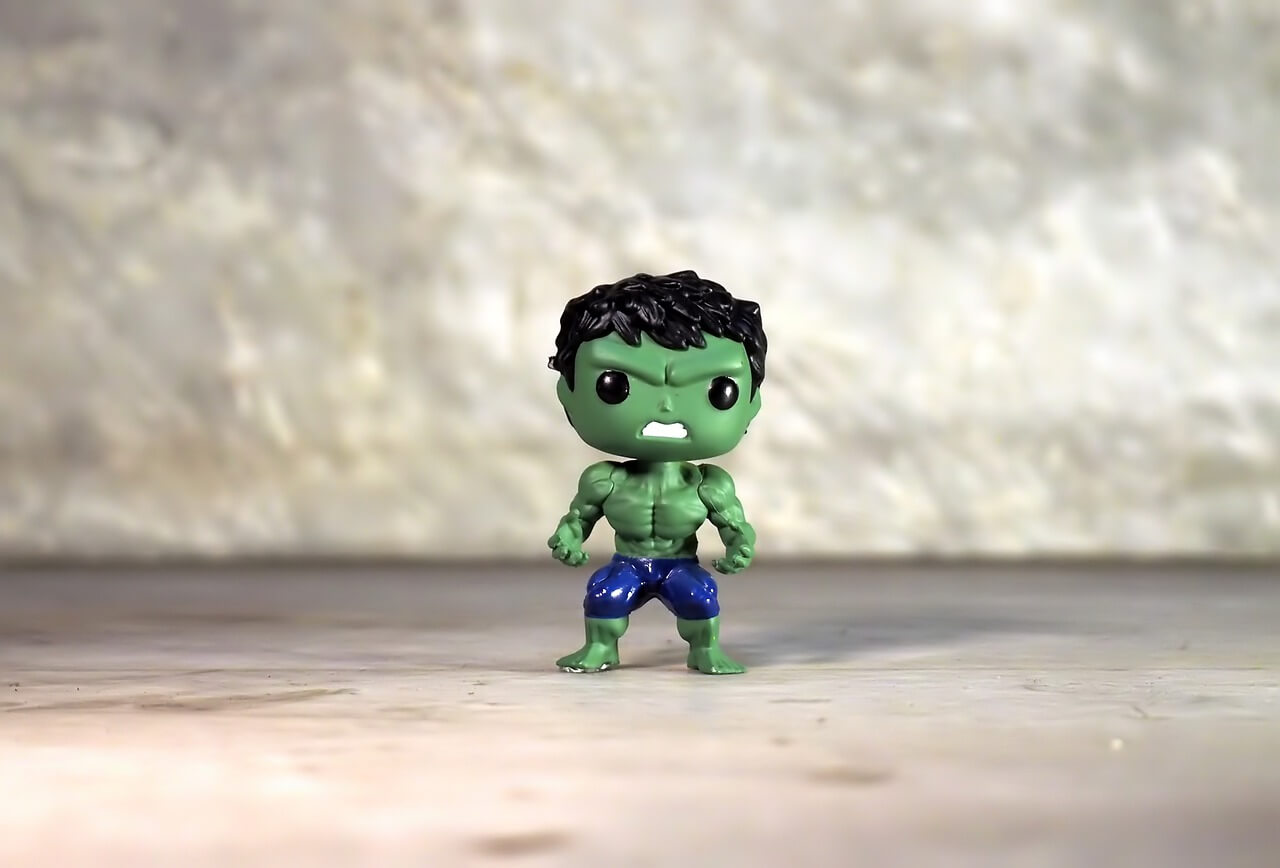What To Do With Your Child’s Aggression

This blog post may contains affiliate links, read full affiliate disclosure here.
Hitting, biting, kicking, and scratching just plain old aggression. I am not a fan when it makes an appearance in my children it causes an onslaught of doubts and emotions. Am I failing as a parent or does my child have a problem?
And then I am filled with worrisome thoughts for my child’s future. Are they going to mean? Are they going to care for others? I certainly don’t want a bully on my hands!
Or worse yet…
I meet their fire with my fire and then we will have got a bonfire going! Sometimes they just explode out of nowhere and then I wonder HOW DID WE GET HERE?
Why can’t they just behave, exercise some control?! They know better! ARRGHH!!! It is hard to be there for them when they are out of control; yelling, hitting and overall being mean and I can’t fathom a reason why.
Problem is, they can’t control it sometimes or they don’t even know the reason because they might have just tripped the overload button.
What can we do?
Sometimes our biggest mistake is trying to parent on autopilot. When we do this we react to a situation based more on our general mood at the time than what is actually going on with our child.
Developmentally our children are trying operating within the world without fully functioning brains. Our children are still learning how to be a person so they will be inconsistent in their behavior. That’s quite a workload for our kids. The stress that our little ones experience can get built up and they don’t know how to handle the stress or unload it effectively.
We all know even for adults it’s not health to carry stress around, our bodies aren’t made for that. For our kids the load can be unbearable and gets released through behavior; aggression, misbehavior, whining, isolating, etc. We simply can not parent well on autopilot. To help our kiddos learn healthy coping mechanisms or stress relievers it’s imperative that we parent intentionally… We have to pay attention to what is being communicated through the behaviors.
How to discipline amidst aggression
When we discipline, it is important to consider a child’s developmental capacity, temperament, and emotional style as well as the situation. There is an important distinction between our child won’t behave and our child just can’t in the moment. (Siegel & Bryson, 2016)
I love this excerpt out of No-Drama Discipline by Daniel Siegel and Tina Bryson:

“The truth is that a huge percentage of misbehavior is more about can’t than won’t. The next time your child is having a hard time managing herself, ask yourself, “Does the way she’s acting make sense considering her age and the circumstances?” Much more often than not, the answer will be yes.
Run errands for hours with a three-year-old in the car, and she’s going to get fussy. An eleven-year-old who stayed out late watching fireworks the previous night and then had to get up early for a student council car wash the next morning is likely to melt down sometimes during the day. Not because he won’t keep it together, but because he can’t.
We make this point to parents all the time. It was especially effective with one single father who visited Tina in her office. He was at his wits’ end because his five-year-old clearly demonstrated the ability to act appropriately and make good decisions.
But at times, his son would melt down over the smallest thing…
I began by trying to explain… that at times his son couldn’t regulate himself, which meant that he wasn’t choosing to be willful or defiant.
The father’s body language in response to my explanation was clear. He crossed his arms and leaned back in his chair. Although he didn’t literally roll his eyes, it was clear he wasn’t about to start a Tina Bryson fan club… I decided to take a therapeutic risk… then asked, “I bet you’re a loving and patient dad most of the time, right?”
He replied, “Yes, most of the time. Sometimes, of course, I’m not.”
I tried to communicate some humor… as I said, “So you can be patient and loving, but sometimes you’re choosing not to be?” Fortunately, he smiled… I pressed on.
“If you loved your son, wouldn’t you make better choices and be a good dad all the time? Why are you choosing to be impatient or reactive?” He began to nod… as the point sank in.
I continued. “What is it that makes it hard to be patient?”
He said, “Well, it depends on how I’m feeling, like if I’m tired or I’ve had a rough day at work or something.”
I smiled and said, “You know where I’m going with this, don’t you?”
(Siegel & Bryson, 2016)
Unrealistic expectations
I am afraid that as adults we set our expectations too high for children. We expect them to keep it together ALL THE TIME, no matter what. Then we get rather impatient when they show signs that they are cracking up the pressure. On the other hand, when we are having a hard time, we give ourselves permission to have a bad day and people give us some grace. Our kids need that grace as well.
As I continue to learn about how children develop the more I realize that aggression and misbehavior is not something so much to be alarmed by but a way our children are trying to communicate to us a need isn’t being met.
They need our help, that’s all.
Instead of fighting fire with fire
Instead of seeing manipulative, calculating monsters who are here to push our trigger points and who relish in our madness.
Perhaps it is time to remember who they really are. Little people trying to figure out the world and their place in it. Who only want love and connection from those that are important to them. Sometimes they ask for that love, safety, and connection in the weirdest or most difficult way possible. It’s not on purpose, they are still learning.
It is up to us to look past the behavior; past the hitting, pushing. To figure out what they are trying to tell us. Only when we are willing to read between the lines of our kids’ aggression will we be able deescalate the pending explosion by showing love in place of anger or impatience.
As we calmly respond with empathy, seeking to understand, we not only give them a safe place to figure out themselves and their emotions we also open an opportunity to model more appropriate behavior. Behavior we want them to adopt as they grow.
They won’t get it the first time or the second… or third… or even the 152nd time but as we strive to be consistent in our behavior and how we respond to them, they will pick up on your actions, your coping mechanisms.
So it’s time to ask yourself are you modeling the attitudes and behavior you want to see in your child?
[mailerlite_form form_id=2]References
Faber, A., & Mazlish, E. (2012). How To Talk So Kids Will Listen & Listen So Kids Will Talk. New York, NY: Scribner.

Siegel, D. J., & Bryson, T. P. (2016). No-drama discipline: The whole-brain way to calm the chaos and nurture your childs developing mind. New York: Bantam Books, an imprint of Random House, a division of Penguin Random House LLC.





